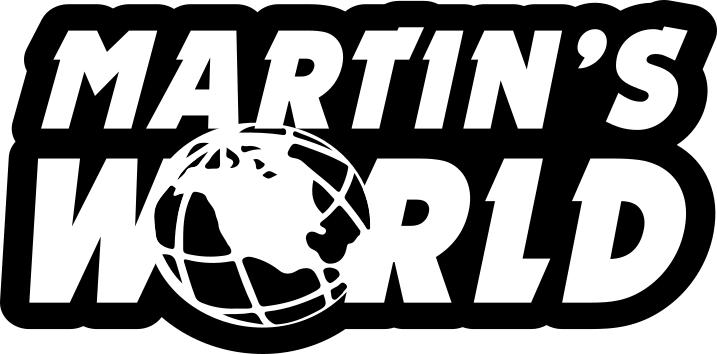The Unseen Consequences of Prohibition: How Drug Laws Fuel Organized Crime
Nicola Talent an investigative journalist who makes a living writing about organised crime gangs, in her most recent book “Cocaine cowboys:The deadly rise of Irelands drug lords” she claims that its middle class drug users that are funding Ireland's organised crime gangs but in this article I will highlight how its prohibitionists that are the real source of the funding for these organised crime gangs, as unlike Nicola Talent I'm not financially motivated to keep drug prohibition propped up by perpetuating its propaganda.
In the face of rising drug-prohibitionist propaganda, it is time to critically examine the roots of this issue. While conventional wisdom may point fingers at those purchasing illegal substances, a deeper analysis reveals that prohibitionist policies bear a significant responsibility for the sustenance and growth of organized crime networks.
The Echoes of History
The Prohibition era of the 1920s is a stark reminder of how banning a sought-after commodity does not quell its demand. Instead, it creates fertile ground for illicit trade, where criminal syndicates flourish. The parallels with today's drug prohibition are uncanny, as both have led to the same unintended consequence: the empowerment of organized crime.
Economic Inevitabilities
Prohibition ignores basic economic principles. By outlawing cocaine, we inadvertently increase its value, providing lucrative opportunities for criminal organizations. These groups capitalize on the risks associated with trafficking, which are reflected in the inflated prices and their substantial profits.
A Global Crisis
Countries with stringent drug laws often battle higher rates of violence and corruption. Conversely, those that have adopted more lenient policies towards drugs like cocaine have reported weakening of drug cartels and a reduction in drug-related violence.
Compromised Health and Safety
The unregulated black market for cocaine is fraught with dangers. Consumers face risks from adulterated products, and the absence of a legal framework for quality control leads to avoidable health crises.
A Strain on Criminal Justice
Drug prohibition disproportionately affects marginalized communities, with non-violent drug offenses resulting in mass incarceration. This not only devastates families and communities but also diverts public resources from more pressing societal issues.
Embracing Alternatives
There are more effective strategies than prohibition for tackling drug-related problems. Decriminalization, coupled with regulated markets, can dismantle the criminal networks by removing their source of income. Moreover, focusing on treatment and education targets the demand side of the equation, addressing the root of the problem rather than its symptoms.
In conclusion, while drug use is a complex issue deserving attention and action, the perpetuation of prohibitionist policies only exacerbates the problem. It's high time we learn from our history, examine the evidence, and consider a shift towards a more rational and humane approach to drug policy—one that prioritizes the well-being of society over punitive measures that have proven ineffective and, indeed, counterproductive.

